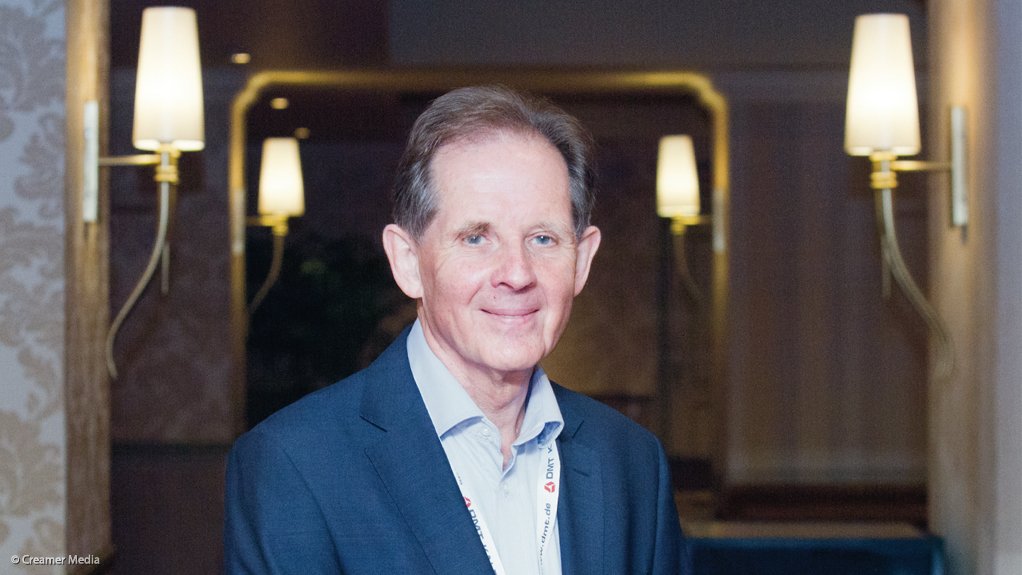JOHANNESBURG (miningweekly.com) – At present, countries are so focused on the immediate challenges of energy security and energy access that the environmental impact associated with addressing these challenges is mostly ignored, Mac Consulting principal consultant Dave Collins said on Tuesday.
Speaking at Southern African Institute of Mining and Metallurgy’s symposium on the twenty-first-century challenges facing the Southern African coal sector, in Johannesburg, he explained that while coal had satisfied the needs of energy security and access in the past, it was harming the global climate.
“[Aside from security and access], the third need that we have from energy is that it should not mess up the place where we live. And, with more than 80% of our energy coming from fossil fuels, we are messing [the world] up,” Collins said.
He stated that oceans were now 30% more acidic than 200 years ago, owing to absorbing fossil fuels emissions, which was also exacerbating global warming.
“If you look at the top ten energy forecasts, they all have a different viewpoint on how big a role fossil fuels will play in the future; however, even the least carbon-intensive scenario is putting us on track for problems,” Collins believed.
“We are locking our future into a global temperature rise of between 3 °C and 5 °C by 2100, and a 4 °C global increase would mean a 6 °C increase in Gauteng and an increase of between 12 °C and 16 °C increase in the arctic,” he stated.
Collins pointed out that while a 6 °C increase in temperature might not look significant, 5 °C was the average temperature difference between Johannesburg and London, as well as between Johannesburg and Durban.
“So, this is a big deal in terms of climate and it is going to happen over less than a century, which would give us no opportunity to adapt,” he said, adding that the world was simply not decarbonising its energy sources quickly enough.
FUTURE OF COAL
Collins said it would take decades still to move away from fossil fuels to alternative energy, stating, therefore, that the outlook for coal was positive over the next 10 to 20 years.
It took coal and gas 50 years each to progress from making up 1% to making up 10% of the world’s energy supply, “so what makes us think the current shift will be any faster?” he said.
He also noted that the timeline for the shift away from coal would be lengthened by huge capital investment projects, such as the Medupi power station, in Limpopo, which, once operational, would run for 50 years.
Meanwhile, the world’s population was also growing rapidly, while human development also progressed, which meant that each person needed more electricity.
“[However], global energy demand is simply not compatible with climate change and using coal to solve our energy problems will worsen the climate change situation,” Collins said.
Therefore, gas could be a future threat to coal owing to its availability and lower carbon emissions.
“Gas is a stepping stone to a lower carbon economy,” Collins said, adding that South Africa was taking gas seriously.
He highlighted that, currently, there was a task team compiling a Gas Utilisation Master Plan, which investigated the possibility of what gas could mean for South Africa.
This team was expected to present its findings by June.
EMAIL THIS ARTICLE SAVE THIS ARTICLE
To subscribe email subscriptions@creamermedia.co.za or click here
To advertise email advertising@creamermedia.co.za or click here











